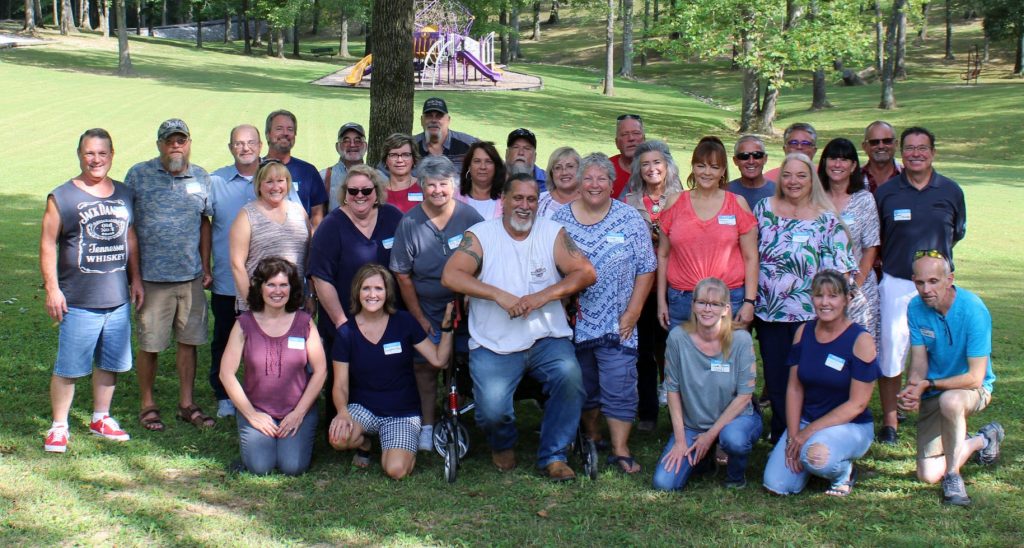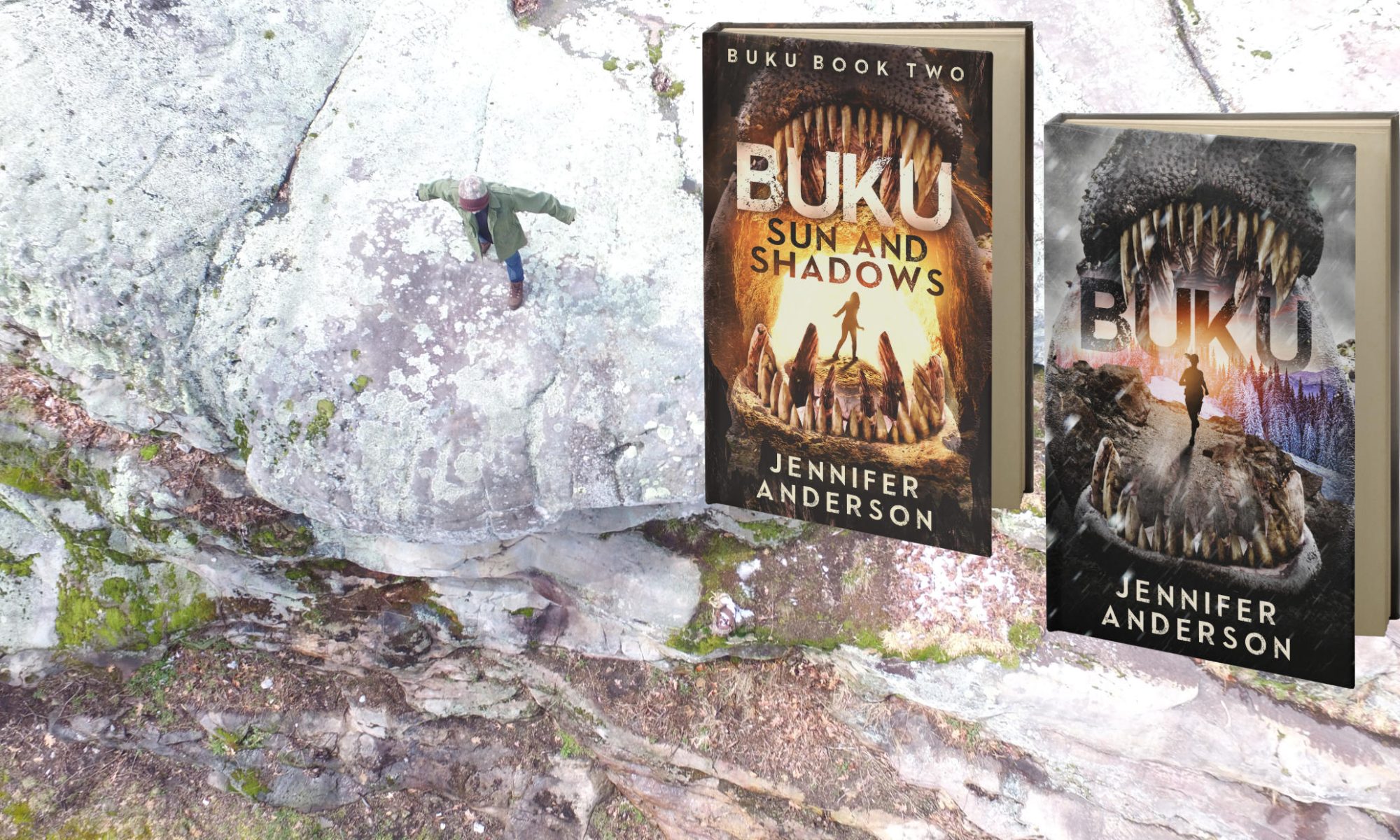
It was a nice round number. The start of a decade.
Those of us who graduated in 1980 were born in the rebellious ‘60s, and we felt a kinship to long hair and peace signs even if we were just kids in the summer of ’69.
President Kennedy was assassinated while we were learning how to walk. While we were outside playing whiffle ball and riding our bikes, the great nations of the world were engaged in a Cold War and a space race to the moon. We sat on the floor and watched on black and white TVs as man first set foot on another planet. We were going into junior high when the U.S. stopped drafting teenagers to send to die in Vietnam.
I remember when microwaves came out. And the first video game. And home computers, unwieldy as they were. Phones you could carry in your pocket were sci fi, kinda like Star Trek, which debuted on tv before we started kindergarten. We were something of an in-between generation, growing up in the shadows of the trauma of the 60s, but belonging more to the polyester 70s, as the nation tried to knit itself back together and find its way. We looked up information in encyclopedias and learned to type on manual typewriters even as a technological tidal wave grew beneath our feet. It was just starting to crest when we graduated in the spring of 1980. We faced our careers with the need to adapt quickly and often because the world morphed almost daily, right before our eyes.
I met up with some of my classmates from the Class of 1980 a few weekends ago. We were a small class, those of us who graduated from Eldorado High School in the small, rural town of Eldorado, IL. Ninety-nine of us received our diplomas together. We almost had the nice round number of 100, but one guy found out at the last minute he didn’t have enough credits.
I was valedictorian, but I say that only to make the point I sat down to make today, before I got carried away with our history. Because I was not valedictorian at our class reunion. I was just another adult pushing 60, who had gained pounds and lost hair and made my way through life to this point. I found it fascinating. The planning committee wasn’t made up of class officers. It was the people who were still local and willing, and an eclectic group it was. The man who felt called upon to speak before the meal was not the class president. It was the guy who confessed to having stolen a lot of lunch money back in the day but served our country for years and now owns his own business. The guy who prayed over our meal hadn’t been involved in church youth groups when we were kids. He was a high school drop out who is now retired military and found his faith as an adult. For the first time, I noticed that one of the guys who got teased as a kid has the bluest of eyes.
We weren’t the kids we once were. The cliques, the groups, the designations we gave ourselves — I realized that’s something kids do, but adults don’t have to. All of us – the nerds, the jocks, the stoners, the cheerleaders – we share a common history. And even though some stuck close to home while others now live far from Eldorado, Illinois, we’re not so different. We’ve made a living and bought cars and houses and funded retirement accounts. Or not. We’ve found and lost love. We’ve raised kids and battled disease and many have been hard hit by tragedy. Some of us who grew up poor are doing alright now.
Some of us have retired. Some are grandparents, while a few are still in the midst of raising children. One friend is raising her grandchildren. One man needed a walker. A few are medical professionals who are having to contend with this world-wide pandemic. One of our classmates goes on mission trips to Africa. A few have faced incarceration. Some are gone. One guy still works as a lineman, airlifted by helicopter to the tops of electrical poles out west.
And for a few hours, many of us gathered in a park we all went to as kids, and hugged and talked and laughed and remembered and celebrated our common roots. I guess my point in all of this is – even though our past molds us, it doesn’t have to define us. It does not have the power to permanently label us… to tell us who we are and who we will become. We do that ourselves. By choice.
We are the class of 1980. After hanging out with a few of the folks I knew back before I truly knew myself, I see us both as the kids we were and the adults we are. And think we’ve done alright.
